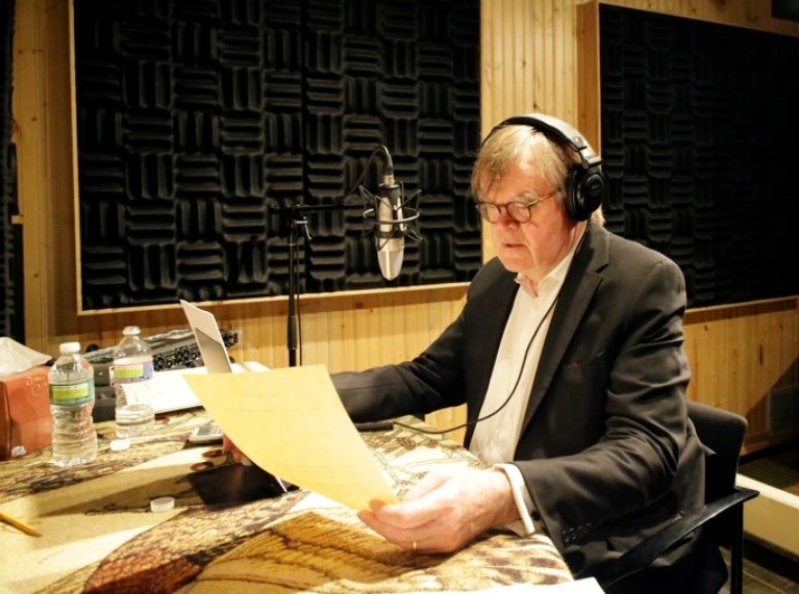
For 42 years, Garrison Keillor's soothing voice slid a slice of Americana into many lives through his popular radio show "A Prairie Home Companion." Keillor, who concluded his role as host on July 2 in an episode taped at the Hollywood Bowl, also injected a vigorous dose of religion into the show. For "church people," the stories and songs had a familiar, humorous ring.
Keillor's shows also transmitted education and an accurate portrayal of American Protestantism to the "religiously uninitiated," reports Sojourners.
A Prairie Home Companion has been heard by 4 million listeners each week on nearly 700 public radio stations, online, and on the American Forces Networks, SiriusXM Radio, Radio New Zealand and KPRG in Guam.
Garrison recalls, "When the show started, it was something funny to do with my friends, and then it became an achievement that I hoped would be successful, and now it's a good way of life."
Keillor was reared in Plymouth Brethren churches, had an evangelical childhood, and attended Protestant mainline churches most of his life. Best-known for his comedic portrayals of Lutheranism in his native Minnesota, Keillor had a deep understanding of the entire American Christian landscape, from literal-Bible fundamentalism to Dutch Calvinism. His show, which broadcast mostly from the Fitzgerald Theater in St. Paul, is surely the most widely known portrayal of Lutheran cultural strength in the Upper Midwest.
A Prairie Home Companion was one of the only programs to air on NPR member stations in which listeners could hear hymns. Keillor and his musical guests sang hymns throughout the year, often in keeping with the liturgical calendar.
The show was built around the fictional hometown of Lake Wobegon, with two churches: a Lutheran one, and a Catholic parish named Our Lady of Perpetual Responsibility.
The Catholics in Lake Wobegon worshipped with Father Emil and some dedicated German nuns. The Norwegians were Lutheran. The townsfolk seemed very much alike, in spite of their different confessional and national heritages. Yet they imagined themselves quite different from one another.
Religious difference in Lake Wobegon served as a microcosm for Keillor to pose a major question to Christians and for all Americans: How different are we, really?
Many listeners, especially mainline Protestants, found something whimsical, comforting, and yet very real in Lake Wobegon Lutheran Church and its longtime pastor, the Rev. David Ingqvist, reports Sojourners.
Keillor was credited for masterfully chronicling contemporary challenges and changes in both churches' traditions through the pastors' successors, Father Wilmer and Pastor Liz.
Over four decades, Keillor showed what is good, endearing and enduring about his brand of Protestantism.
Saturday night at the Los Angeles stadium, Keillor and his onstage singers led the Hollywood Bowl in singing the chorus of the great old hymn, "We're Marching to Zion."
The program was underwritten by Ford.






